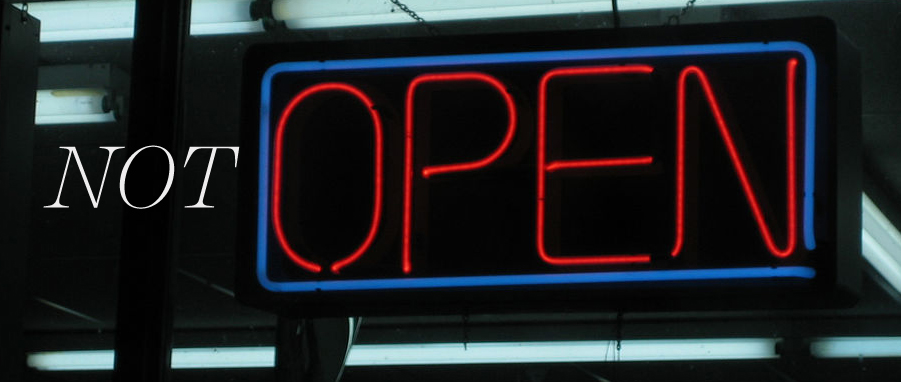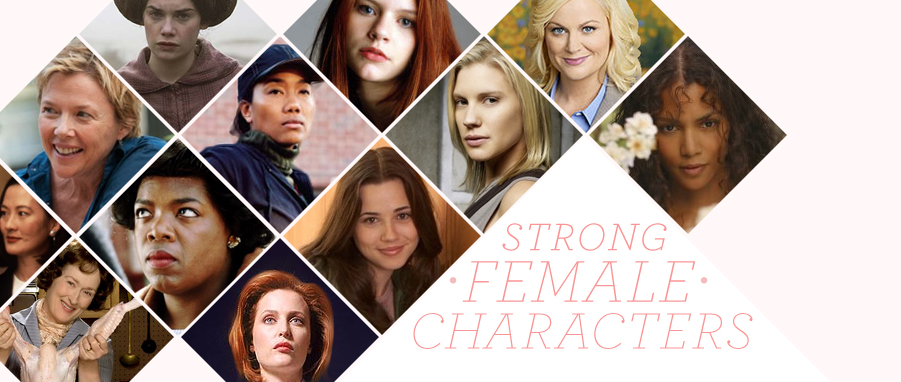Cinderella Ate My Daughter: Dispatches From the Front Lines of The New Girlie-Girl Culture
by Peggy Orenstein
Just after my daughter's Where the Wild Things Are themed 2-year-old birthday party, I found myself sitting in a pile of pink, sparkly gifts, worried that perhaps I would be smothered by all the tulle and sequins. It hit me: the princess craze was right around the corner, and Olive had just been issued her uniform. I needed to heed my friends' suggestions, and read Peggy Orenstein’s Cinderella Ate My Daughter, before the fate the book's title warned became reality.
I was a charming toddler, and was told so often, by strangers as well as relatives, who made up funny nicknames for me like "Reebeedee", "Ribbit" and "Pumpkin", that they felt reflected my free spirit and but also my cuteness. However, I do not recall ever being called "Princess." It would not have fit my tendency to come home covered in dirt every day from the playground, or the way that I dressed, which was mostly in overalls or corduroys.
Since having my daughter, however, I have been disconcerted by how many people call her "Princess". Far from a castle, we live in a cramped urban apartment, and as the child of a pair of artist/social workers, she has anything but a royal pedigree. When she plays, she’s aggressively physical: running, jumping, dancing, singing. We dress her mostly in primary colors, rather than the ubiquitous pink pastels that take up the girls’ section of any children’s clothing store.
However, no matter what she’s doing or what she’s wearing, people say, “Oh, look at the little princess!” Well, why should it bother me that people are bestowing this moniker on her? Isn't it a compliment?
Orenstein, journalist and mother, breaks down why the princess title gets under my skin: “Let’s review: princesses avoid female bonding. Their goals are to be saved by a prince, get married . . . and be taken care of for the rest of their lives. Their value derives largely from their appearance. They are rabid materialists. They might affect your daughter’s interest in math” (p.23). She goes on to explain how the princesses-on-everything phenomenon was created by a Disney exec a decade or so ago, a marketing strategy rather than something girls started doing on their own, which led girls away from creating crowns out of felt and gave them perfectly scripted play to follow, word by word.
Don't get me wrong. Sequins, wands, and big dresses are attractive, and your child of either gender may be drawn to them. However, Orenstein’s book shows how girls today are being told that if a toy, like a toolkit, or a ball and bat, are not painted Pepto Pink and adorned with a picture of a skinny, smiling girl in a tiara, then they are not suitable for girls to play with, and if they do otherwise, then they are not really a girl but . . . something else.
For toddlers that are engaged in the brain-building task of sorting their world into categories, not knowing where you stand is not going to make you feel like a cool misfit, it is going to negate your existence entirely. So, young ones seek to proclaim their gender through engaging in whatever their culture considers appropriate play for either girls or boys.
This is not in and of itself a problem, but if all the options for girls are focused around how they look rather than actively doing something, they equate being a girl with looking pretty. And that creates a never-ending urge to define yourself as beautiful externally, which can lead to the myriad of problems women have with body image.
Princess play, and what it turns into in the tween years (The Hannah Montana/High School Musical/Cheetah Girls industrial complex), is largely focused on appearance, rather than accomplishment or inner growth. Orenstein asserts, "Girls pushed to be sexy too soon can't really understand what they're doing. And that, (researchers argue), is the point: they do not---and may never---learn to connect their performance to erotic feelings or intimacy. They learn how to act desirable but not how to desire, undermining rather than promoting healthy sexuality" (p. 85).
This is perhaps the strongest argument of the book, for me. I want my daughter to understand pleasure as something derived not from how others perceive her, but from actually experiencing it. If I praise her only for how she looks, she will become so used to objectification that she will seek it out in order to feel loved.
Reading Cinderella Ate My Daughter: Dispatches From The Front Lines of the New Girlie-Girl Culture (with its deceptively pink sparkly cover) on the playground while my daughter used dump trucks to push the sand around, led to some interesting conversations.
"LOVED that book," one mom intoned passionately, which quickly turned to sheepishness when her daughter, decked out in a pink-and-purple Princess gown, ran up to us to get a snack.
"Oh, I just finished that book!", a Dad covered in tattoos told me. "What did you think?" I asked. "It was great . . . but she doesn't really offer any practical solutions." So, several parents I knew and respected had read this book, but didn't feel like they were doing things any differently now.
However, that may be just what Orenstein wanted. She makes the case in her book for parents finding their own personal threshold for gendered toys and activities, but that, at the very least, it is "absolutely vital to think through our own values and limits early, to consider what we approve or disapprove of and why" (p. 182).
Which is why I suggest picking up a copy of Cinderella Ate My Daughter, as a good first step to figuring out what your boundaries are going to be around Bratz, Barbies and Beauty Pageants, before you find yourself in the toy aisle at Target, hemming and hawing about your child’s request. I recommend it for parents of both boys and girls, as Orenstein reviews the research on whether nature or nurture defines toy choice and play attitudes for children of both sex.
Orenstein’s tone is engaging, funny, and suggests a journey rather than a checklist of “shows to ban” and surefire ways to protect your child from materialism and objectification. Her book is an invitation to the conversation about girlie-girl culture, rather than a hard and fast indictment of it. I may not be able to keep my daughter completely from the lure of Princess play, but I am going to counterbalance it with stories of strong women, and relationships with adults who are non-conformist in their gender expression, so that she will have more choices, not less.
A Casual Vacancy
by JK Rowling
Ever since the end to the Harry Potter book series, fans have been waiting with baited breath to learn what JK Rowling's next step would be. When she announced A Casual Vacancy, a novel for adults, her Goodreads page blew up with animated GIFs that expressed the internet version of a collective orgy of anticipation.
A fan of the Harry Potter series myself, I dutifully pre-ordered the novel to my Nook, and looked forward to being transported by Rowling's words once again. A few days before A Casual Vacancy was released, The New Yorker published a rather nasty portrait of Rowling, in which the profiler took cheap shots like saying she was wearing heavy foundation, or bringing up her troubled relationship with her father in revealing ways. My back went up: why can't writers be quirky and not exactly perfectly likeable?
But then I read A Casual Vacancy. And I realized, the New Yorker writer was simply furious at Rowling for wasting her talent and our time by writing quite possible the least redemptive, most depressing novel of the past decade.
To understand why Rowling wrote such a soul-crushing novel, let’s go back to where she left off with her readers. Personally, I was disappointed by the end of the Harry Potter series. Harry and his friends end up in safe jobs, with happy marriages, and everything is tied up with a neat little bow. It seemed like Rowling had really phoned it in, giving children an unrealistic portrait of adulthood, which was out of character with the series, which often showed adults as complex figures, capable of both betrayal and loyalty.
Perhaps she felt she needed to atone for wearing the kid gloves with Harry and co., so she wrote her characters in A Casual Vacancy with a razor-sharp lack of compassion for the reader, or for her storyline. She spends the first thirty pages describing all the characters, save one, as unspeakably ugly and savoring the death of what appeared to be last person with a soul in Pagford, the stultifying English small town in which the novel is set.
"It must get better. There has to be some emotional resonance and redemption in here somewhere. It's JK Fucking Rowling!" I told myself, as character after character that I thought could perhaps be an interesting anti hero turned out to be a baseless tweeb, only concerned with their own petty desires, which mostly centered on jockeying for position for the council seat vacated by the Last Good Person in Pagford, which is the outward premise of the novel.
I got the feeling that the hidden premise Rowling sought was to show the raw underbelly of life, to stick her reader’s noses in it and say, “THIS is real life! Not magical train rides and children defeating death with a flick of a wand!” But . . . the world that Rowling created in A Casual Vacancy was not that realistic to me. Sure, people are petty and small-minded and self-centered, but they are also capable of change and of sacrificial love.
The question begs itself: who did Rowling write this book for? Certainly not for Harry Potter fans of any age. And that is fine---artists should not have to pander to their past work as they keep creating. However, the new work she has presented is so unlikeable, so devoid of truth and beauty, that my only hope is that she wrote it for herself, because it was a story inside of her that just needed to be told.
![]() some rights reserved by puuikibeach on Flickr]
some rights reserved by puuikibeach on Flickr] 





 Dear Clara,
Dear Clara,


















